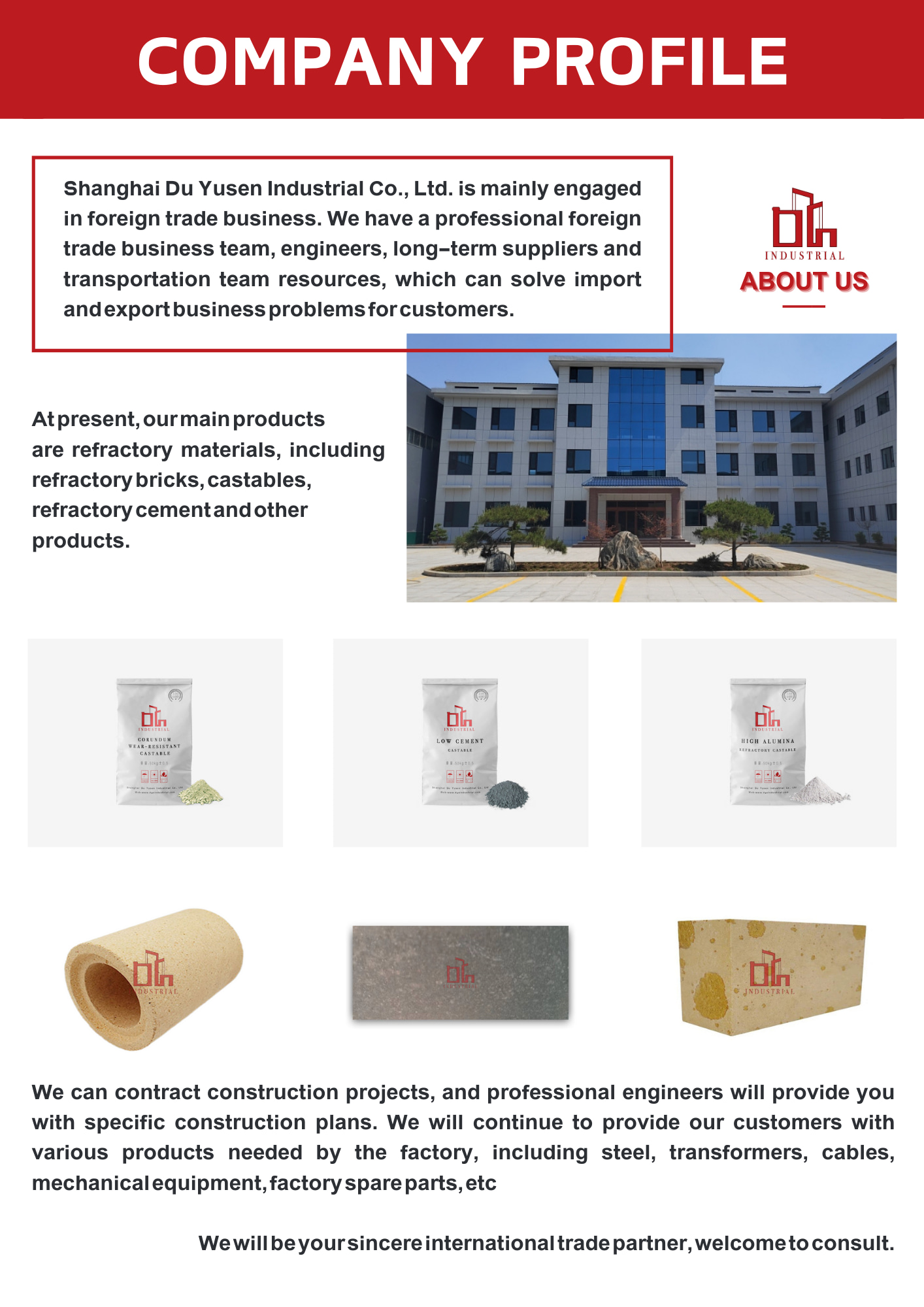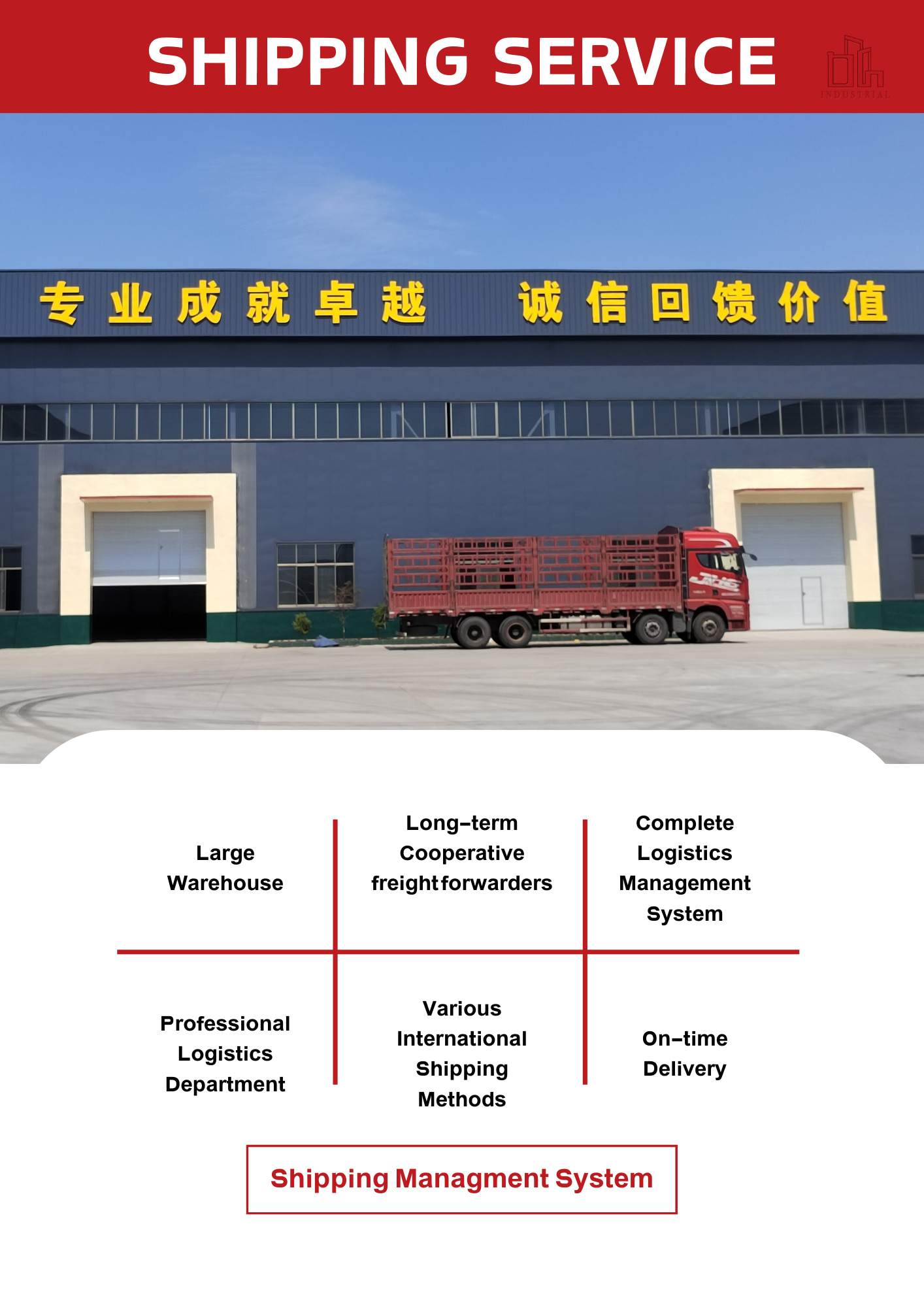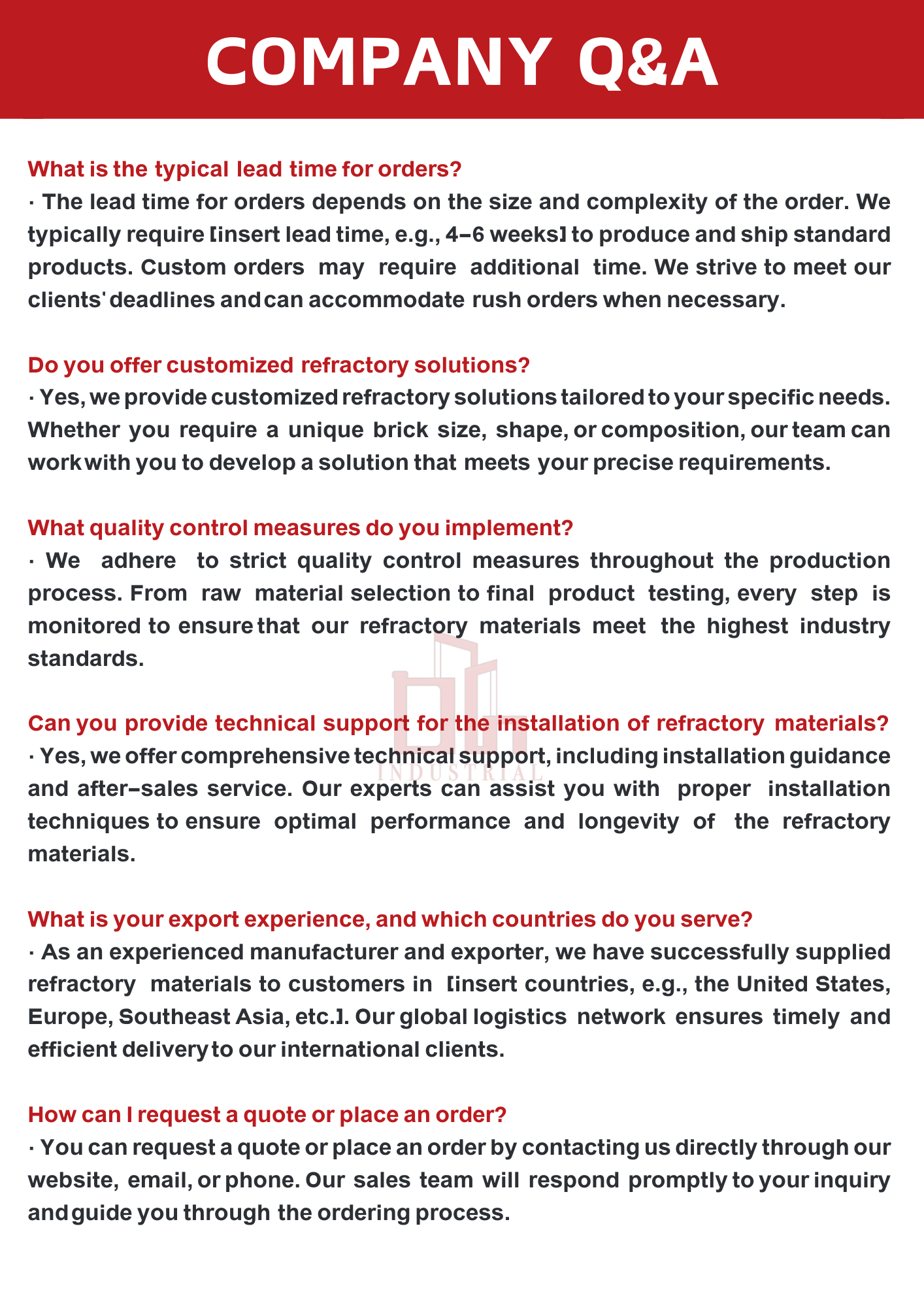Ceramic fiber modules are pre-assembled refractory products made from ceramic fiber insulation materials. They are designed to simplify the installation process in high-temperature industrial applications, such as furnaces, kilns, and other thermal equipment.
Payment :
In AdvanceProduct Origin :
ChinaShipping Port :
Shanghai PortLead Time :
15 Working daysCeramic fiber modules consist of layers of ceramic fiber blanket or folded modules that are compressed and held together by stainless steel wires or other anchoring systems. The modules are typically rectangular in shape and are available in various sizes and thicknesses to suit specific installation requirements.
Key features and benefits of ceramic fiber modules:
Easy installation: Ceramic fiber modules are pre-fabricated and ready for installation, which saves time and labor compared to traditional lining methods. They can be easily secured or anchored to the existing structure using the built-in anchoring system, such as the wire mesh or studs.
Excellent thermal insulation: Ceramic fiber modules provide excellent thermal insulation properties, effectively reducing heat transfer and improving energy efficiency in high-temperature applications. They have low thermal conductivity, which helps to minimize heat loss and maintain temperature stability in furnaces and kilns.
Thermal shock resistance: Ceramic fiber modules have good resistance to thermal shock and can withstand rapid temperature changes without cracking or spalling. This enhances the durability and longevity of the lining system and reduces maintenance and downtime.
Flexibility and adaptability: Ceramic fiber modules are flexible and can easily conform to curved or irregular surfaces. This allows for better coverage and insulation of complex shapes and contours in furnaces or kilns.
Lightweight: Ceramic fiber modules are lightweight compared to traditional refractory bricks or castables, making them easier to handle and install. They reduce the structural load on the equipment and minimize the need for additional structural support.
Chemical stability: Ceramic fiber modules have good chemical resistance to most acids, alkalis, and organic solvents. They maintain their integrity and insulation properties even in chemically corrosive environments.
Ceramic fiber modules are widely used in industries such as steel, petrochemical, ceramics, and power generation. They are commonly applied in furnace linings, kiln linings, stack linings, and other high-temperature equipment where thermal insulation and energy efficiency are crucial.
As with other ceramic fiber products, it is important to follow proper safety precautions when handling ceramic fiber modules to minimize exposure to the fibers and potential respiratory and skin irritation.
Product parameters:
| Type | - | HR1050 | HR1260ST | HR1260HP | HR1350HA |
| Classification Temperature, ℃ | - | 1050 | 1260 | 1260 | 1350 |
| Linear Shirinkage,% | - | ≤2.0 | ≤2.0 | ≤2.0 | ≤2.0 |
| 192kg/m3/at(24h)℃ | (850℃) | (1000℃) | (1050℃) | (1100℃) | |
| Bulk & Density, kg/m3 | - | 172-240 | 172-240 | 172-240 | 172-240 |
| Thermal Conductivity, W/m.k | 400℃ | 0.08 | 0.08 | 0.08 | 0.08 |
| 600℃ | 0.15 | 0.15 | 0.15 | 0.12 | |
| 800℃ | 0.22 | 0.2 | 0.19 | 0.18 | |
| 1000℃ | - | - | 0.22 | 0.12 | |
| Chemical Analysis, % | Al2O3 | 42-44 | 45-46 | 47-49 | 52-55 |
| Al2O3+SiO2 | ≥99.0 | ≥99.0 | ≥99.0 | ≥99.0 | |
| ZrO3 | - | - | - | - | |
| Others | ≤1.0 | ≤1.0 | ≤1.0 | ≤1.0 |



Tags :